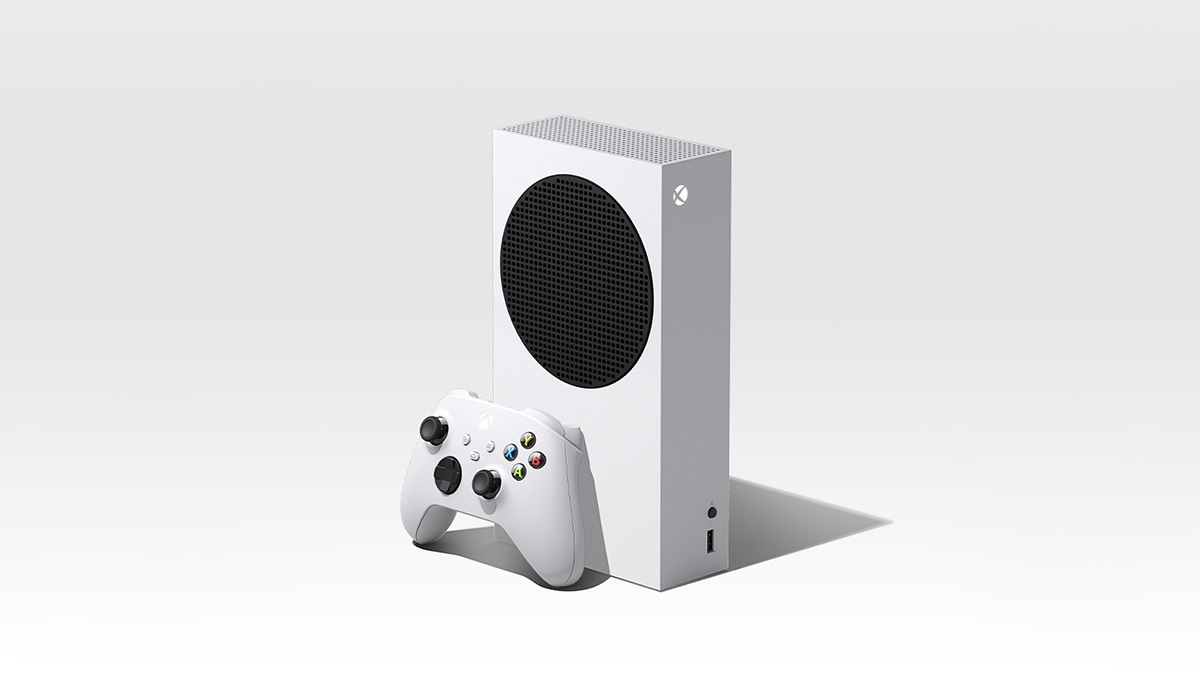Trending
Opinion: How will Project 2025 impact game developers?
The Heritage Foundation's manifesto for the possible next administration could do great harm to many, including large portions of the game development community.
Xbox Series S devs can now take advantage of "hundreds of additional megabytes of memory."

Xbox Series S developers will soon have more memory to play with, thanks to a new development kit that's been rolled out by Microsoft.
As spotted by The Verge, the new dev kit aims to free up "hundreds of additional megabytes of memory" that can be used to improve graphics performance in memory-constrained conditions.
Microsoft broke the news in its June Game Development Kit update and noted that "memory allocation on Xbox Series S consoles has been optimized."
The company added that it has also solved a problem with graphics virtual addresses that was hampering performance in some cases.
"We've addressed an issue where graphics virtual addresses were being allocated considerably slower than non-graphics virtual addresses. This improves the speed of graphics virtual address allocation," said the company. "Titles can now take better advantage of recent enhancements in memory management without negatively affecting graphics performance."
We're still not sure exactly how many units the Xbox Series X | S have sold since launching in November 2020. Although Microsoft hasn't released any concrete sales figures, Xbox boss Phil Spencer previously suggested the newest additions to the Xbox family have been flying off shelves.
"At this point, we’ve sold more of this generation of Xbox, which is Xbox Series X and S, than we had any previous version of Xbox," said Spencer during an appearance on the New York Times' Sway podcast earlier this year.
Spencer added that "supply is as a big as its ever been" when asked about console production, indicating consumers have been struggling to get theirs hands on hardware partly because of high demand.
Despite that success, Microsoft's latest fiscal report revealed its video game business has been faltering slightly of late, with gaming revenue -- which includes dealings on both console and PC platforms -- decreasing by 7 percent year-on-year.
That decline was the result of "a decrease in Xbox content and services and Xbox hardware," according to Microsoft. The company also reported "lower engagement hours and monetization in third-party and first-party content."
You May Also Like